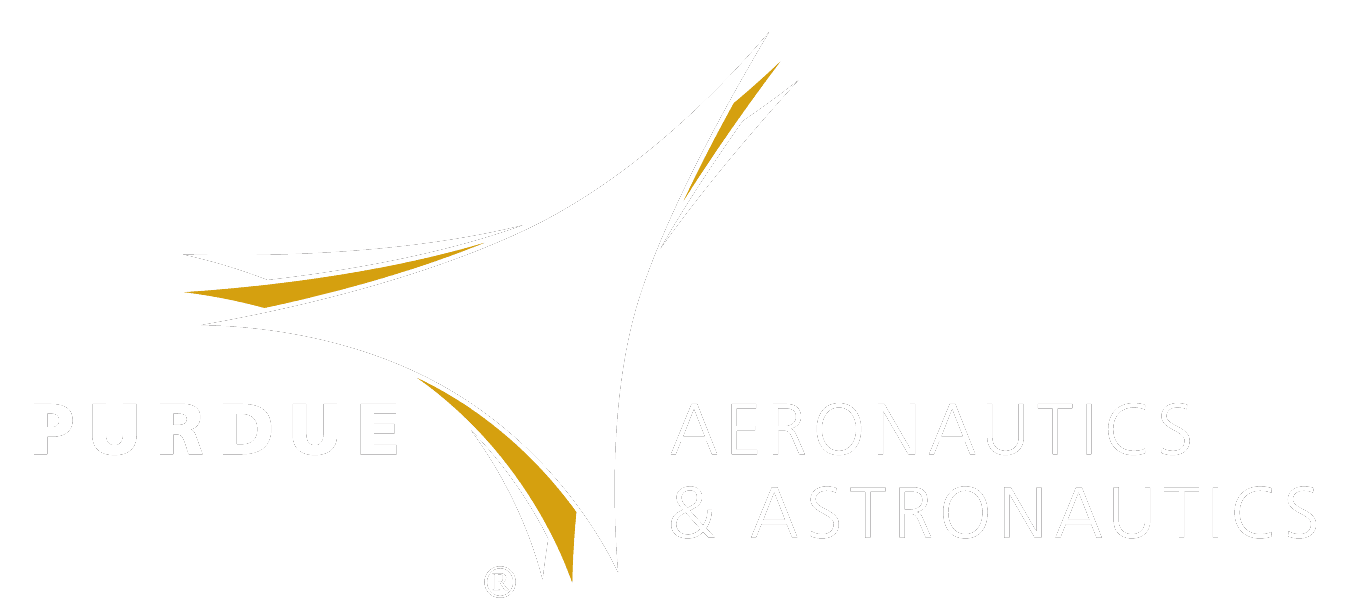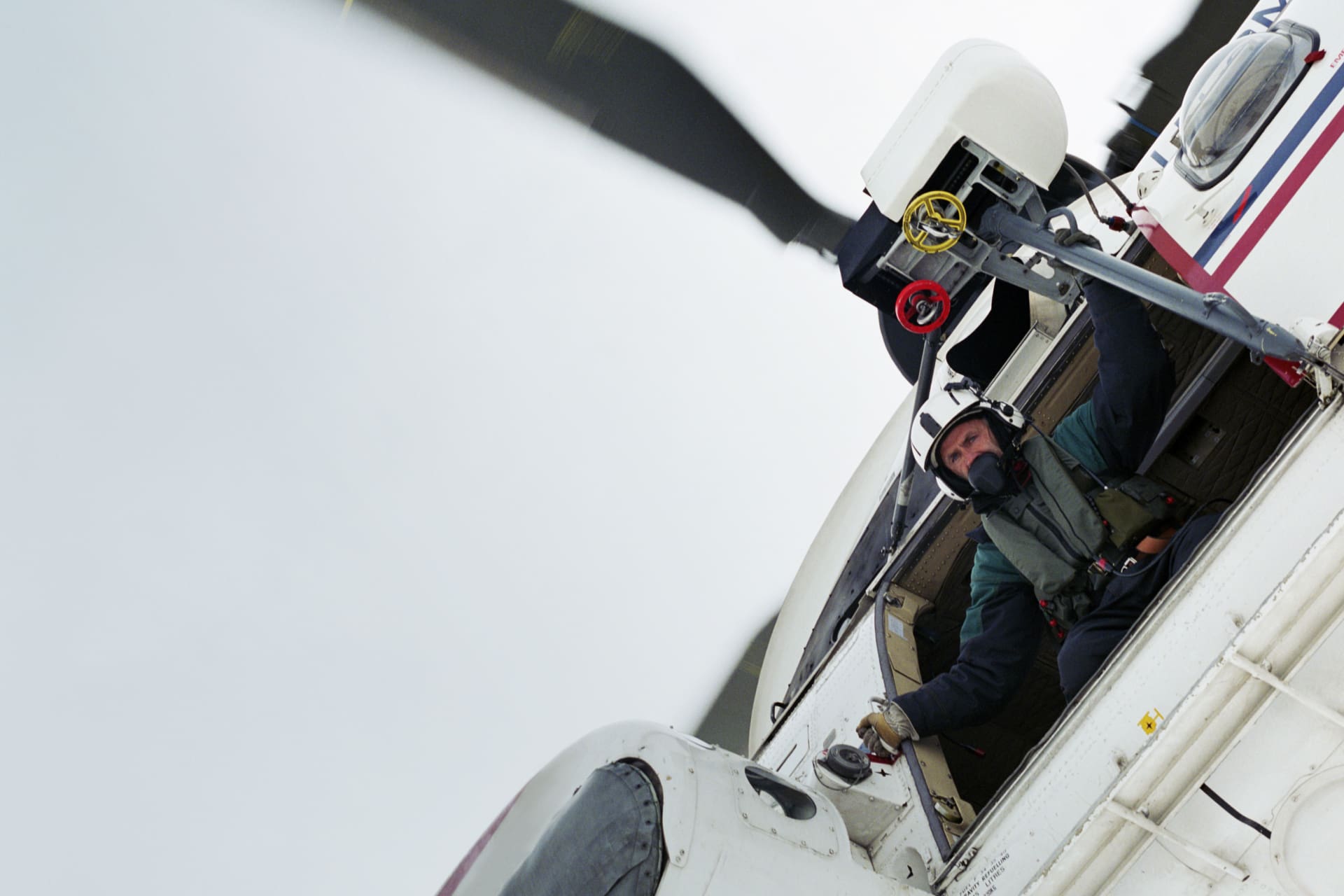Witness the Evolution of Air Traffic Surveillance
Discover how Aireon’s space-based ADS-B brings unmatched, real-time, global coverage to aviation, revolutionizing safety, efficiency, and sustainability.
Watch Now
2011
Aireon was created in 2011 to provide real-time global air traffic surveillance anywhere in the world. Aireon’s service uses space-qualified Automatic Dependent Surveillance-Broadcast (ADS-B) receivers built into each of the 66 satellites in Iridium NEXT, Iridium’s second-generation satellite constellation, to deliver this transformational capability. Early adopters of Aireon’s space-based ADS-B include NAV Canada, ENAV, AirNav Ireland, NATS, CAAS, ATNS, DC-ANSP, and others.
2013-2014
In 2013, Harris was selected to provide 81 ADS-B 1090 Extended Squitter receiver payloads to Aireon to be mounted on the Iridium satellites. In 2014, Aireon signed a 17-year, $42 million agreement with Harris to provide the ADS-B data processing and distribution component of the Aireon system. Harris designed and built the processing and distribution platform and will operate and maintain the system for 15 years.

2014
The ADS-B payload successfully completed qualification testing for operation in the harsh environment of space. This achievement was a key building block for the deployment of Aireon and represents a significant milestone validating that the payload and system design can provide robust reception of ADS-B signals from space.
2016
L3Harris completed production on all ADS-B payloads. The 81 ADS-B payloads were completed ahead of schedule and represent the largest implementation of a hosted payload solution ever achieved. Completion of these payloads represents another milestone toward deploying Aireon’s space-based ADS-B service and enabling real-time air traffic surveillance worldwide.

2016
Purdue University School of Aeronautics and Astronautics report ‘Environmental Benefits of Space-Based ADS-B’ analyzes the potential impact of space-based ADS-B technology on global aviation carbon emissions in remote and oceanic airspace. The report, authored by Dr. Karen Marais, indicates that space-based ADS-B technology can prevent approximately 14.3 million metric tons of CO2 from entering the atmosphere from 2020 to 2030.
2017
From 2017 to 2023, SpaceX conducted nine successful launches of 66 Iridium satellites hosting Aireon’s space-based ADS-B system. Once the first set of satellites were in orbit, each satellite underwent extensive testing by the Iridium team. After 40-60 days, Iridium handed-off the ADS-B payloads to Aireon for verification of on-orbit technical specifications. As part of this testing and validation process, Aireon’s ADS-B receivers provided air traffic surveillance data to SDPs at partners NAV CANADA, NATS, ENAV, and AirNav Ireland.

2017
ANSPs around the globe make the investment in Aireon’s space-based ADS-B system. The world’s top ANSPs, including Isavia, ASECNA, AAI, Papua New Guinea, EUROCONTROL, CAD Hong Kong, in addition to the launch customers, go operational with the data. By 2023, more than 50 percent of the global airspace is using Aireon data to manage their traffic flows.

2019
The Iridium NEXT constellation became complete in January 2019 with 100% coverage of the globe with 66 on-orbit satellites and 9 additional on-orbit spares.
2019
Aireon is approved in May 2019 by the European Union Aviation Safety Agency (EASA) as an Air Navigation Service Provider (ANSP) Organization to provide Air Traffic Management (ATM)/Air Navigation Service (ANS) surveillance services for oceanic separation of aircraft. This authorizes Aireon as the first-ever certified provider of aircraft surveillance-as-a-service.
2019-2020
The Civil Air Navigation Services Organisation (CANSO) has announced that the winner of the inaugural CANSO Award of Excellence in ATM 2019 is Aireon, NATS and NAV CANADA for their joint project to deploy space-based ADS-B in the North Atlantic. CANSO Members voted for the winner following presentations by the six shortlisted nominees at the CANSO Global ATM Summit in Geneva on 18 June.
2019-2020
In September 2019, Frost & Sullivan recognized Aireon with the 2019 Global Technology Innovation Award for introducing the first-ever, global air traffic surveillance system that uses space-based ADS-B receivers on satellites.
2019-2020
Also in September 2019, The Air Traffic Control Association (ATCA) has recognized Aireon, NAV CANADA and NATS with their Annual Industry Award for the successful deployment of space-based ADS-B technology over the North Atlantic Ocean.
2019-2020
In 2020, Aireon was recognized by Aviation Week Network’s 63 Annual Laureate Awards in the Commercial Aviation category. For being the first satellite-based air traffic surveillance system and providing continuous tracking of aircraft over the oceans and remote regions, Aireon won the Air Traffic Management category.

2020
On October 28, 2020, Aireon announced the launch of three new commercial data products: AireonFLOW™, AireonINSIGHTS™ and AireonSTREAM™. These products aim to provide unique solutions to stakeholders in the aviation industry and beyond—significantly expanding the use cases of Aireon’s high-fidelity, Air Traffic Services (ATS) surveillance-grade data to a global audience.

2021
Aireon entered into a partnership with Cirium, the aviation analytics company, bringing together two world-class data sets for airspace stakeholders. Cirium gained access to Aireon’s real-time data service product, AireonSTREAM. And Aireon gained access to Cirium’s flight status data, which includes real-time flight information, such as estimated and actual arrival and departure times, aircraft type, delay calculations, as well as Cirium’s airline schedules – the aviation industry’s most comprehensive schedule database.

2021-2023
Building upon its success in the Commercial Data Services, Aireon launches several new products, including Aireon Locate for search and rescue operations; ADS-B Performance Report to test aircraft avionics’ ADS-B functionality; and the Safety Dashboard for global safety metrics and benchmarking.

2022
Aireon entered into an agreement with Boeing to deliver its flight data stream to expand Boeing’s advanced data analytics capabilities in its effort to further strengthen commercial air travel safety.



